Sheet metal leveling machines are indispensable tools in industrial production processes. These machines flatten sheet metals, making them smoother and more workable. Sheet metal leveling machines are widely used in industries such as automotive, construction, and metal processing. In this article, we will explore various ways to enhance the efficiency of these machines and share what you can do to achieve the best results.
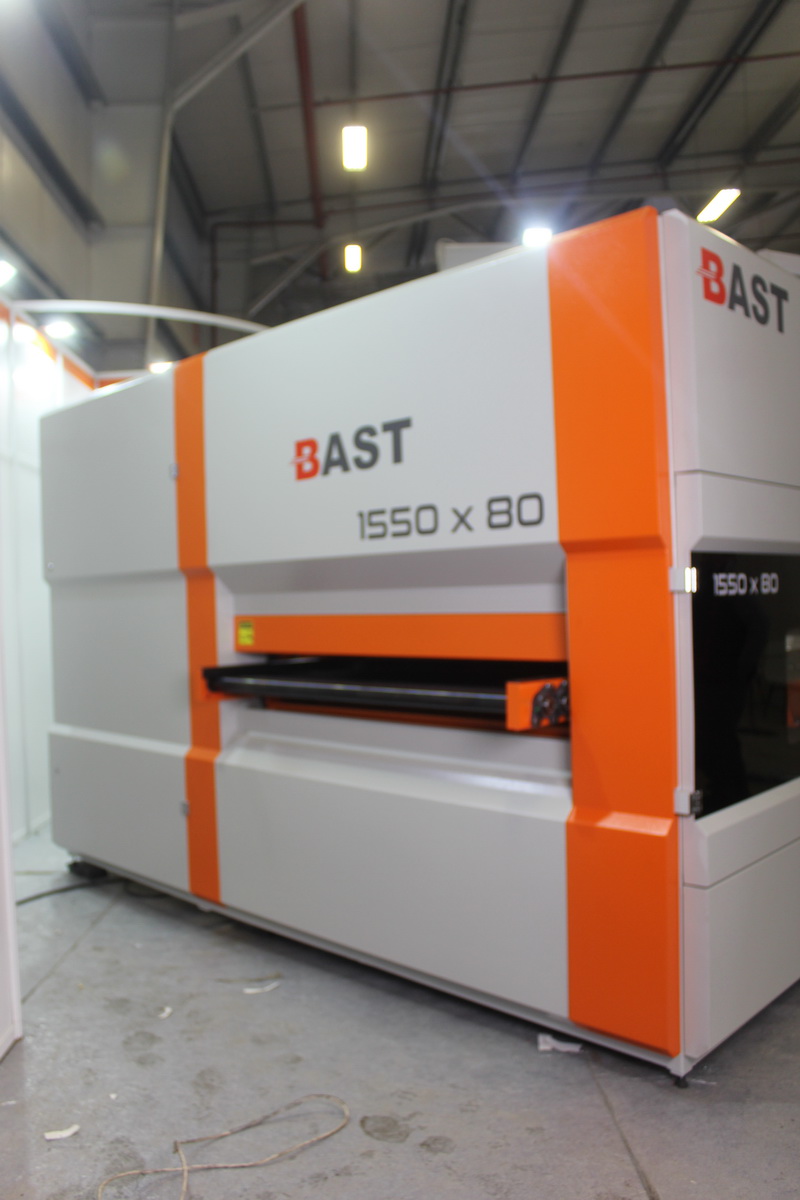
This article may interest you: Sheet Metal Leveling Machine with New Technology
Key Functions of Sheet metal Leveling Machines
Sheet metal leveling machines are complex devices that perform the leveling process on sheet metals. These machines correct all bends and curves on the metal’s surface. The process is carried out by passing the sheet metal between two rotating rollers, which apply pressure on both sides of the sheet.
What is Efficiency and Why is It Important?
Efficiency is a measure of how effective and economical a production process is. High efficiency in sheet metal leveling machines means less energy consumption, reduced material waste, and increased production speed. Improving efficiency can reduce production costs and enhance product quality.
Ways to Increase Efficiency
Machine Maintenance and Cleaning
Machines that are not operating properly or are dirty can negatively impact efficiency. Maintenance is crucial to ensuring everything runs smoothly. Regular maintenance extends the machine’s lifespan and enhances its performance. Additionally, keeping the machine clean is important. Dirty machines can cause issues during processing and affect material quality.
Adjustment and Calibration
Ensuring that the machine is correctly adjusted is necessary for increasing efficiency. Adjustments should be made according to the thickness and properties of the material. Calibration increases the machine’s precision and accuracy, minimizing production errors. Proper calibration ensures more consistent results.
Material Quality and Selection
The quality of the material used in the leveling process affects the machine’s efficiency. High-quality materials yield better results during processing and extend the machine’s life. Additionally, selecting the right material reduces waste and optimizes the production process.
Operator Training
To use the machine efficiently, operators need to be well-trained. Training programs provide operators with information on how to use the machine, perform maintenance, and troubleshoot issues. Trained operators can use the machines more effectively, thereby increasing efficiency.
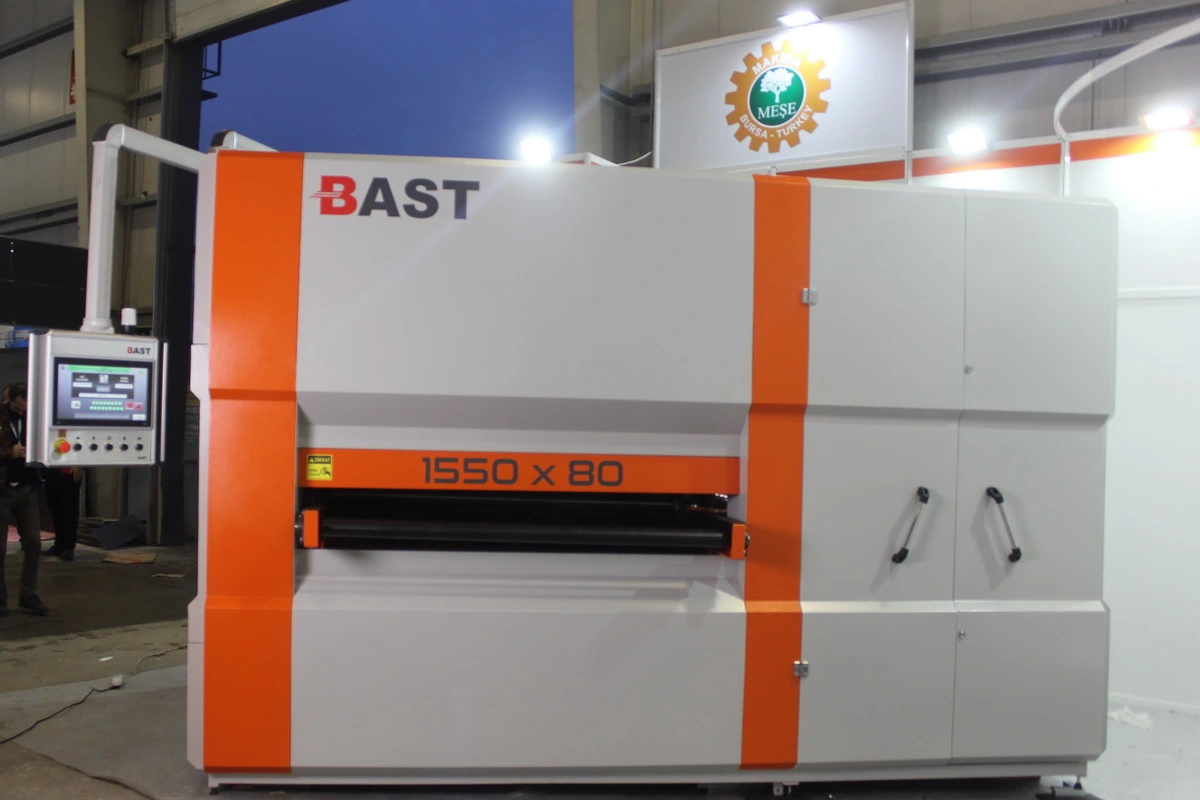
Technological Innovations and Improvements
Impact of New Technologies
Technological innovations play a significant role in enhancing the efficiency of sheet metal leveling machines. Automation systems and smart technologies make the production process faster and more precise. Additionally, efficiency-enhancing software can help monitor and optimize the machine’s performance.
Energy Efficiency
Energy conservation not only reduces costs but also has positive environmental effects. Features that provide energy efficiency and energy management systems optimize energy use during the production process. These systems monitor energy consumption and prevent unnecessary energy expenditures.
Performance Monitoring and Analysis
Performance Monitoring Tools
Performance monitoring is a way to evaluate how effectively a machine is working. Data collection and analysis tools continuously monitor the machine’s performance and help you make necessary improvements. Performance indicators help identify efficiency issues and develop solutions.
Troubleshooting
Problems encountered with the machine can affect efficiency. Being knowledgeable about common issues and their solutions can help you resolve problems quickly. Troubleshooting techniques are critical for maintaining an efficient production process.
Conclusion and Recommendations
In general, to increase the efficiency of sheet metal leveling machines, several factors need to be considered, including maintenance, adjustment, material selection, operator training, and technological innovations. Each of these factors positively impacts your machine’s performance and optimizes your production process. Applying these recommendations to improve efficiency will help you achieve better results.

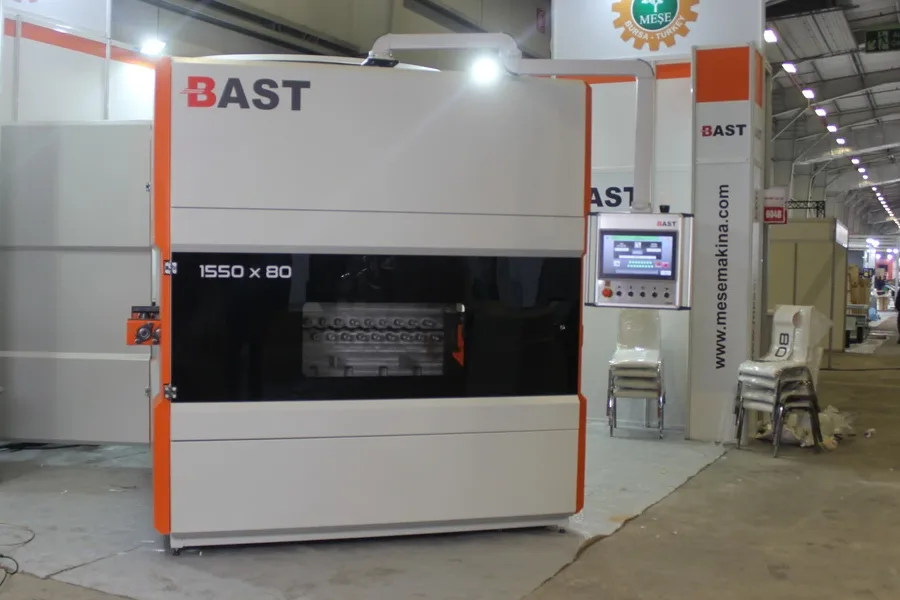
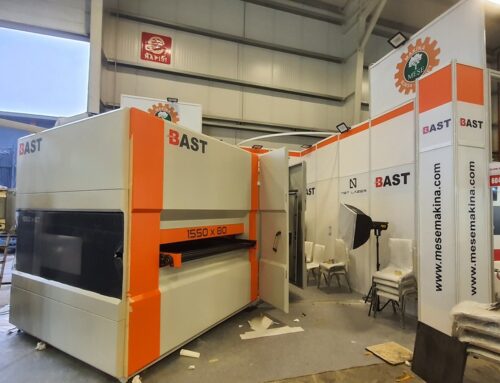
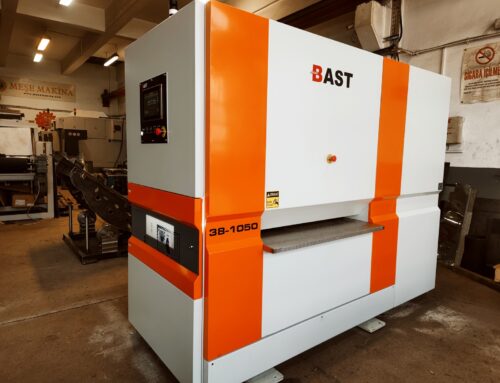
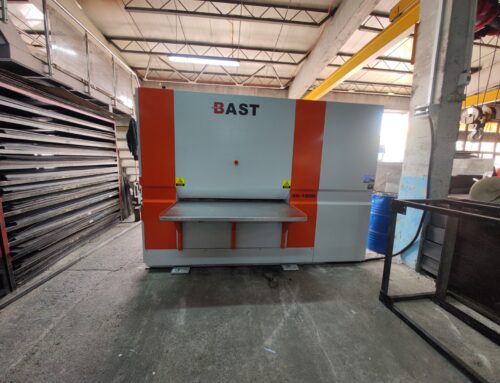
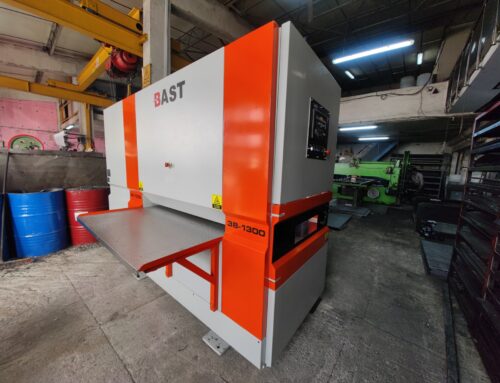

Leave A Comment